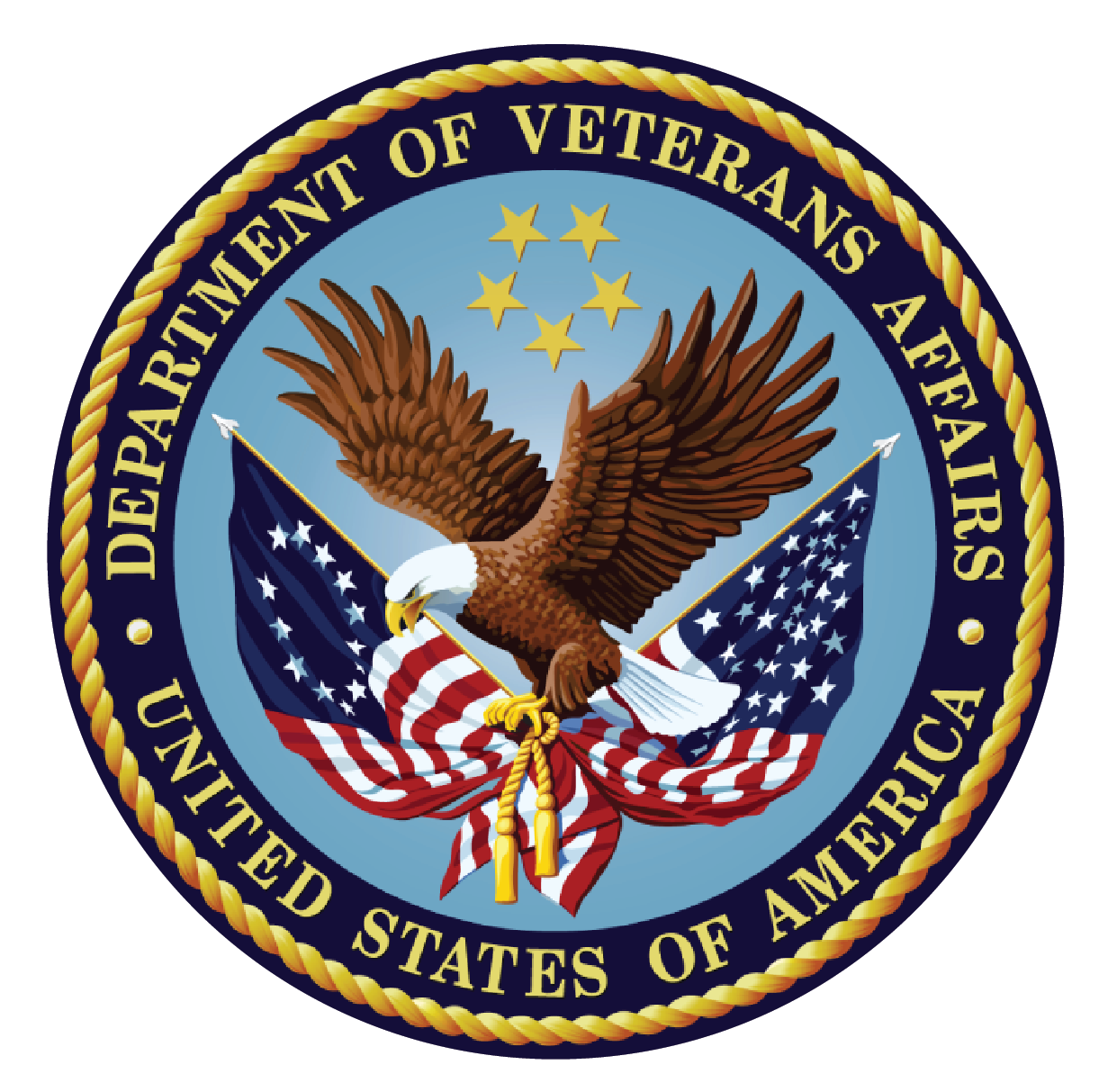Caregiver Support Groups

Finding Support 
Think about what help you need on a regular basis and the type of help you may need for special occasions that may require additional assistance, for example going on out-of-town trips, etc. The help you need can come from family members, close friends or volunteers. You can also get help from home health services, such as a nurse or an aid.
Before reading the content on this page, it may be beneficial to review the following video(s) from the Office of Rural Health (ORH).
Support Group
Length: 05:25 (Link opens new window)
Margaret meets other caregivers and starts to share her story.
Consider joining a caregiver support group. Talking to other people with similar experiences can be comforting and give you helpful ideas. Some support groups even offer respite care for your loved one while you are at the group. You can find a short list of telephone and online support groups for people with dementia and their partners (or caregivers) here. The Alzheimer's Association has chapters across the country who host face-to-face support groups within the community. Find a support group near you here.
Creating a support team can be beneficial. Think about the help you need, and don’t be afraid to reach out to others. People are usually willing to help if they know what you need. Keep a list of individuals whom you think might be able to help you. Have their phone numbers handy in a convenient place!
VA Caregiver Support
The VA has a Caregiver Support Line at 1-855-260-3274. The line is open on Monday-Friday from 8 a.m. to 11 p.m. and on Saturdays from 10:30 a.m. to 6 p.m. They can give you information about VA services, help you locate a Caregiver Support Coordinator at your local VA, or just listen if you need someone to talk to.
You can also find additional support, tools and services available to Veteran Caregivers at the VA Caregiver Support website.
Additional Resources 
VA Resources 
US Department of Veterans Affairs
VA values your commitment as a partner in our pledge to care for those who have "borne the battle." We have several support and service options designed with you in mind. The programs are available both in and out of your home to help you care for yourself and the Veteran you love.
- Caregiver Support Network
- VA Caregiver Support Line: 1-855-260-3274
Geriatrics and Extended Care Services (GEC) is committed to optimizing the health and well-being of Veterans with multiple chronic conditions, life-limiting illness, frailty or disability associated with chronic disease, agining or injury. This VA site reviews information on delirium, dementia and Alzheimer's care, decision making, home and community based services, and advance care planning, among many other important topics that may be important for you as a caregiver.
Veteran's Crisis Line Phone: 1-800-273-8255 (Veterans Press 1)
The VA does not endorse the following resources or guarantee that their information is 100% accurate. However, you may be able to find some helpful information by visiting the following pages:
AlzOnline: Caregiver Support Online
Tips on how to begin finding help with your caregiving responsibilities. You can also speak with a dementia specialist using Alzheimer's Association's 24/7 Helpline: 1-800-272-3900
Eldercare Locator
Find help in your community, by searching the Eldercare Locator.
National Association of Area Agencies on Aging
Find caregiver resources available to you in your community.
References: Information adapted from Alzheimer’s Association and Office of Rural Health
If you have any questions or concerns, contact Dementia Caregiver Web Support.



















